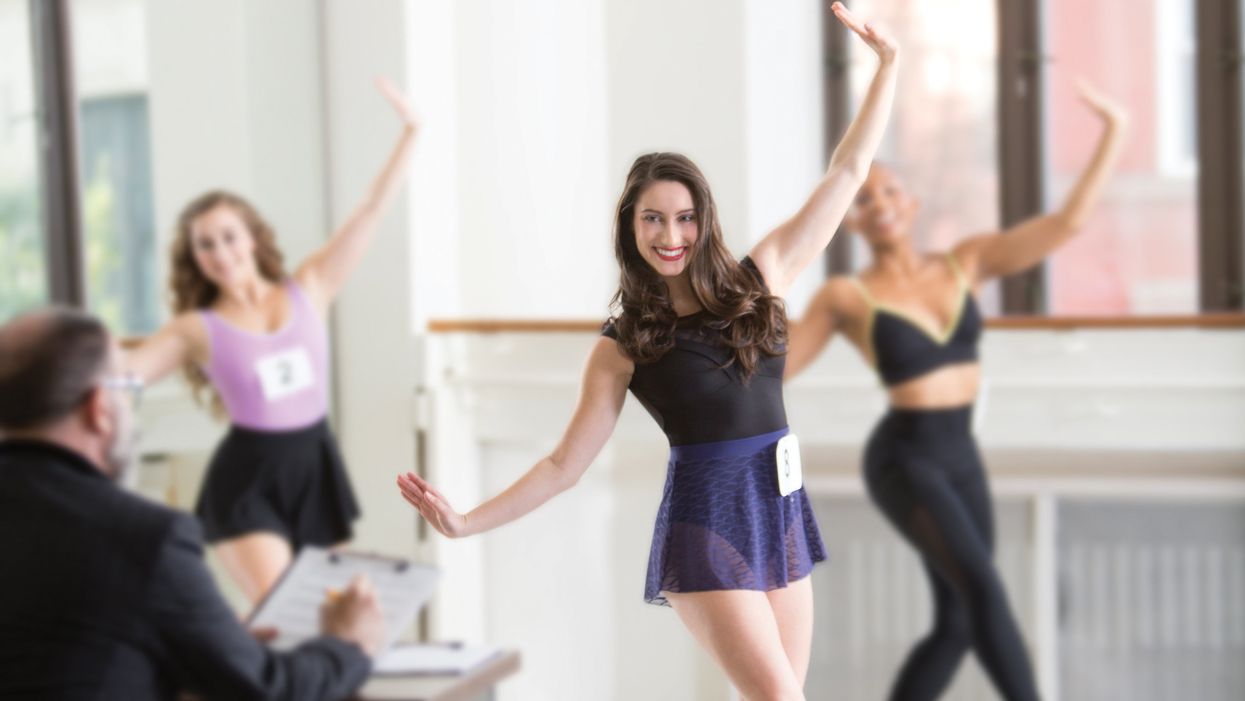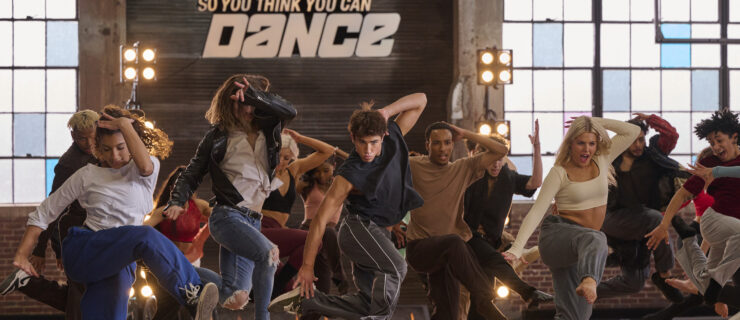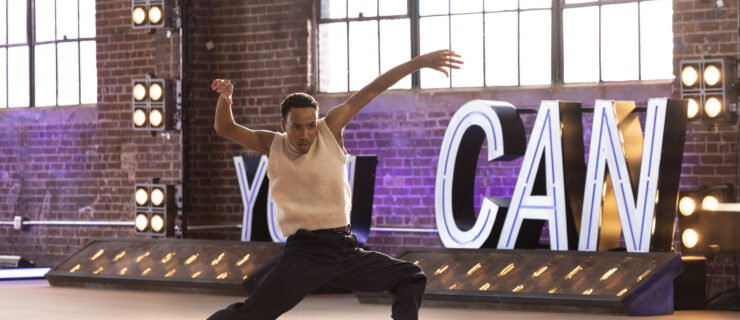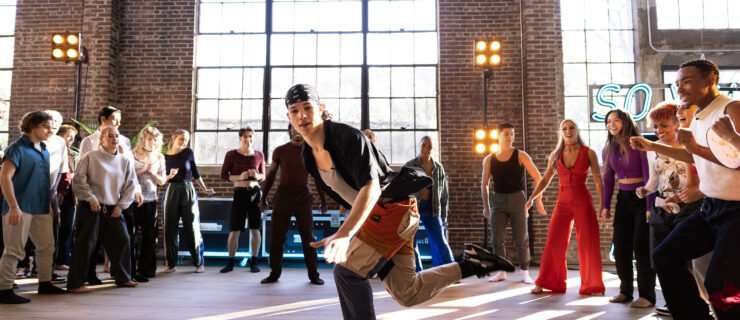How to Find an Agent Who Can Help You Navigate the Pro Dance World
Going from your local studio to the big leagues of the the dance industry can be daunting. That’s why many dancers chose to work with a talent agent, an expert who’s dedicated his or her career to helping clients navigate the world of show biz. Agents assist with everything from finding auditions to submitting resumés and dance reels, and can dramatically ease the process of transitioning from amateur dancer to pro.
But finding an agent who has the right vision for your career takes time and research. We caught up with Go 2 Talent Agency president (and former dancer and choreographer) Terry Lindholm to get the inside scoop on how dancers should go about looking for representation—and what else you can do now to set yourself up for a successful career.
At what point should a dancer start seeking representation?
Everyone’s path is different. However, in general, we recommend that dancers seek out local agents in their home states as kids, and then again when they start to think about their career path during high school. We like this timeframe because you can really start to focus on the career specific skills you’ll need to succeed in the industry.
How do I know if an agent is credible?
Different states have different laws relating to talent agents, but as a rule of thumb, an agent should never ask you to pay them for anything. They only earn a percentage (typically 10%) when a dancer books a job. There are many scams and unscrupulous people out there, so be careful. If an agent is union franchised (SAG-AFTRA, Actors Equity or Association of Talent Agents members), they’ll be reputable. In addition, if you’re under the age of 18, you’ll need a work permit and a trust known as a Coogan account, where 15% of the minor’s earnings are set aside till they’re 18.
How can you find an agent who’s genuinely interested in you?
Do your research, and ask other dancers, teachers, and choreographers about their experiences and recommendations. Look at agency websites and see what types of clients they represent.
An initial meeting with an agent will give you a gut feeling about whether or not the fit is right. It can be exciting when an agent expresses interest in you, but I always tell young dancers that they’re interviewing the agent too. You want to make sure that the agent is passionate about you as an artist, and has a vision for where you could go and how to get you there. You want to feel like you can ask questions—and that you’ll get a response. If you get the feeling that the agent understands your unique goals and dreams, that’s probably a sign they’re a good fit.
 Photo by Erin Baiano
Photo by Erin Baiano
What are the main things you look for when someone submits to your agency online?
I look for three things in particular. First, a recommendation letter. If someone takes the time to write a letter for you, that means they’re interested in seeing you succeed, and gives you some clout. Plus, the agency may know the person who’s referring you (especially if it is a dance teacher or choreographer), which adds a layer of understanding about the artist being referred.
A resumé including performance experience and education is also imperative. Your resumé should include the name of each project, what you did, and who you worked for. For me personally, the first thing I look at is the training, to see if I know any of the teachers who trained you. That gives me a good idea about who you are before we even meet.
Finally, I want to see footage, especially if we haven’t seen you dance during an audition, class observation, or convention—and sometimes even if we have seen you dance. It’s always good to remind the agency of your skills. Shoot something specific that showcases you individually, in the manner or style that best represents you. You can send multiple links with different styles, but remember: Agents only have time to watch a few links, so submit your best. And don’t send a group dance video and say, “I’m third from the left in the back row, dressed in red.”
What should you put on your resumé if you haven’t booked anything professional yet?
Everybody has to start somewhere, and I’ve always believed you shouldn’t overstate your experience. If you’re just starting, feel free to list school musicals, local productions, and competitions. These are all valuable parts of your performance experience. Make sure to expand on your formative training, and to mention master classes you’ve taken with working choreographers. This shows that you’re building relationships and moving into the business side of your career.
What if you live in the middle of nowhere?
If you’re passionate about dance and pursuing a dance career, I’d suggest finding the best training you can near you. Supplement that by attending conventions and classes with guest teachers, and travel during the summers if possible. I also suggest auditioning for any local or school productions.
if you’re interested in musical theatre, audition for the school musical or local theater production and take vocal lessons if possible. An acting class can also be beneficial. Participate in activities that will help you develop professionalism, commitment, and integrity. You don’t have to live in a big city to develop good habits and characteristics that will serve you well in the professional world.
Do you need to move to L.A. or NYC to sign with a big talent agency?
It’s difficult for an agent to represent someone who lives out-of-state. That said, we don’t recommend someone move to L.A. as a young kid, because there’s just not enough work.
Traveling back and forth between home and L.A. or NYC is an option, but it can be very expensive, and you may not earn enough to cover the travel costs. However, we do represent clients who live out-of-state. It really just depends on the dancer.




